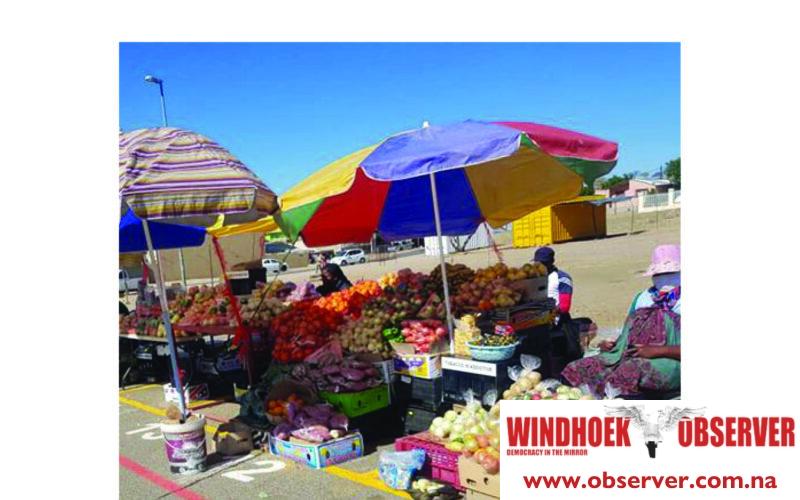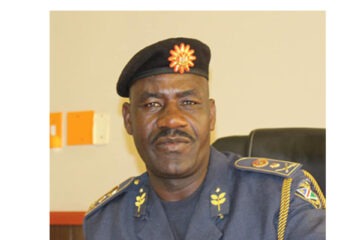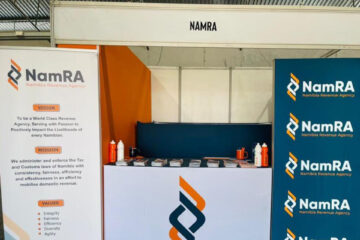Hertta-Maria Amutenja
The ministry of urban and rural development is revising municipal bylaws to ensure street vendors in Windhoek and other towns are legally recognised and protected.
According to urban and rural development minister James Sankwasa, the move follows ongoing conflicts with law enforcement authorities.
Sankwasa was responding in Parliament to questions from Rosa Mbinge-Tjeundo of the Popular Democratic Movement, last week, about tensions between municipal police and street vendors.
Mbinge-Tjeundo asked what steps the government is taking to harmonise municipal bylaws with the constitutional rights of informal traders and whether urban regulations unjustly criminalise poverty.
“All decisions and actions affecting informal economy operators shall respect, protect, fulfil, and promote the right to human dignity of the informal economy. The government fully acknowledges the vital role informal traders play in our economy as well as the need to align municipal bylaws with constitutional rights, especially the rights to dignity and economic participation,” Sankwasa said.
He highlighted collaboration with the Namibia Informal Sector Organisation (NISO), which, with technical support from the ministry and financial backing from organisations such as the Friedrich-Ebert Stiftung (FES), developed the Code of Conduct for the Namibian Informal Economy in 2021.
The code, based on 17 guiding principles, seeks to reduce tension, eliminate evictions, and prevent harassment of informal traders across the country.
Sankwasa said consultations with stakeholders will be undertaken to address the challenges faced by informal traders.
He referred to the National Informal Economy, Startup, and Entrepreneurial Development (NIESED) Policy, which aims to integrate informal traders into the formal economy and create supportive frameworks for growth.
He added that oversight mechanisms are in place to ensure municipal police act lawfully, proportionately, and humanely.
Officers are required to engage vendor committees, de-escalate tensions through dialogue, and direct traders to designated trading spaces before taking punitive action.
Oversight committees and the City Police Professional Standards Office monitor enforcement, while grievance procedures allow traders to report misconduct or unfair treatment.
He said measures are also being taken to protect vulnerable groups such as women and youth, who dominate street vending. These include safe and accessible trading spaces, basic sanitation, and secure environments free from harassment.
Sankwasa said Mbinge-Tjeundo’s questions will inform ongoing efforts to refine bylaws and policies, aiming for a Namibia where street vendors can operate with dignity and contribute meaningfully to the economy.
The City of Windhoek is also revising its informal trading regulations to shift from control-orientated enforcement to a supportive approach. The updated regulations, expected to be approved by the second quarter of the 2025/2026 financial year, will allow traders to thrive while improving access to services.
Earlier this year, the Windhoek City Police launched Operation “My City, My Pride”, targeting unauthorised street trading in zone 14 of the central business district.




